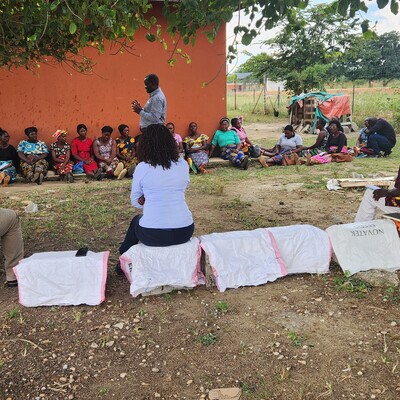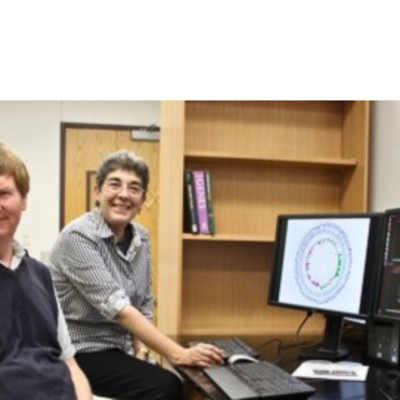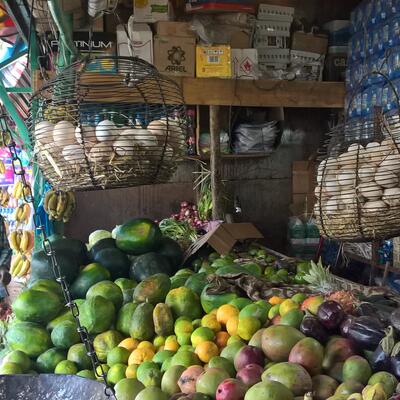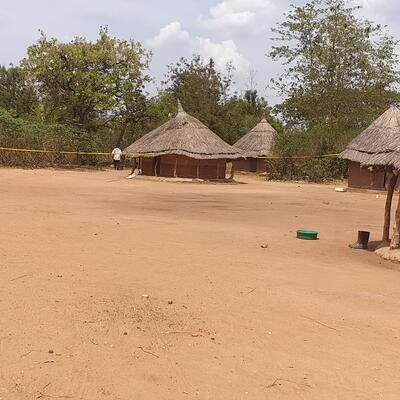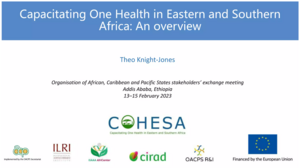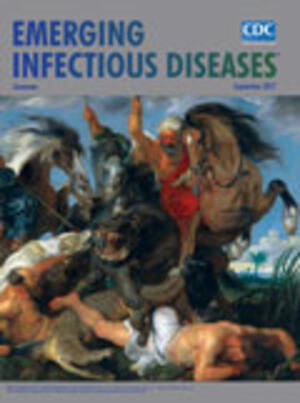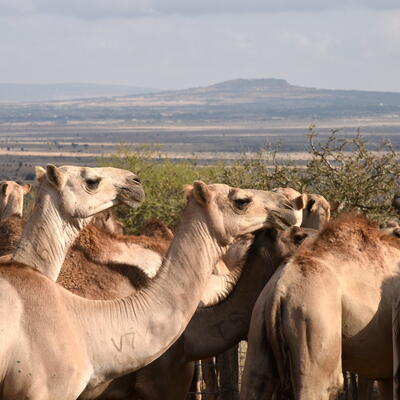
Rapid food safety risk assessment of the Egyptian aquaculture value chain
Considered the leader in aquaculture in Africa, Egypt produced a staggering 986,820 tonnes of farmed fish in 2011, around three times as much as it produced 10 years earlier. Almost all that fish is consumed within the country, meaning that aquaculture now produces around two-thirds of the fish eaten in Egypt. Postharvest losses are reported to be less than 1% as most of the fish is sold quickly. However many Egyptian consumers do not eat farmed fish as they say they are concerned about its quality. Most fish farms are located in coastal areas receiving water that may be contaminated with heavy metals and pesticides. Also poor post-harvest practices mean that fish could be in poor condition by the time it reaches the final consumer.
A team of researchers from the Royal Veterinary College in London, Kafr-El-Sheikh University in Egypt, University of Ghana and Centre Suisse de Recherches Scientifiques (CSRS) en Côte d’Ivoire in partnership with WorldFish in Egypt, have started a study to find out the extent to which consumers are justified in their concerns over farmed fish safety and to determine how the activities of some actors in the value chain affect the safety of the products. The team used a participatory approach that involved discussions with some stakeholders in the value chain, and evaluation of the biological and chemical safety of the products. They hope to come out with information that will be useful in establishing the present safety status of farmed fish in Egypt. This will help in devising appropriate risk mitigation measures to safeguard the health of consumers while increasing their confidence in the acceptability of the products which should suit fish farmers and consumers alike.
By Kennedy Bomfeh (Safe Food, Fair Food West Africa) and Malcolm Dickson (WorldFish)






